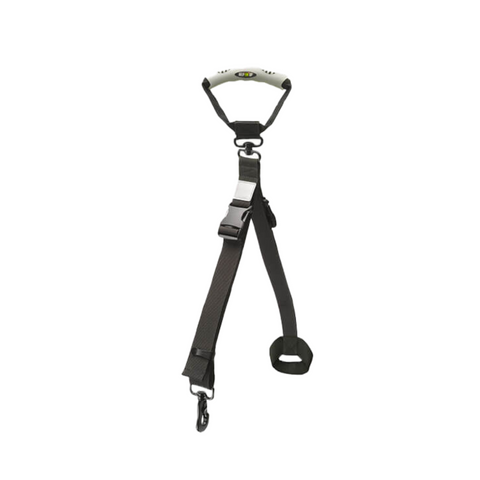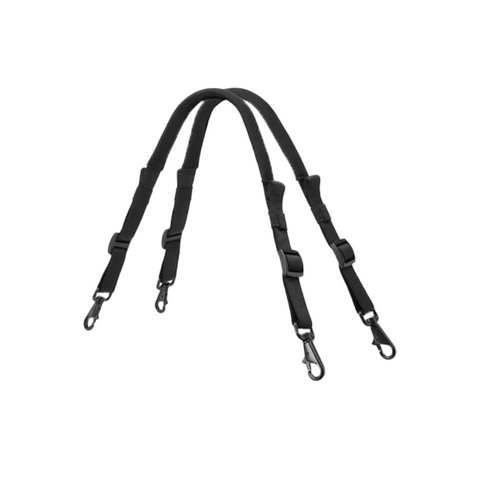Ancestry.com, 23 and ME and CRI Genetics have become extremely popular as tests have exploded in recent years, with the number of people signing up more than doubling in 2019. People want to learn more about their family history, their ancestry, their personal identity, and important health information.
DNA tests are becoming popular for dogs as well, especially among mutt owners. Many owners are testing their dogs so they take can this information to their vets to discuss potential heath issues about their dog’s breed.
The test is quite simple and can be bought at a pharmacy or at any pet store. Kits usually contain swabs, instructions, and return envelopes. Pet owners simply swab their dog’s cheek cell using a long Q-tip. To take a cheek swab, each swab is inserted between the cheek and gum, then rubbed and rolled against the cheek for about 30 seconds. When the lab received the DNA, it is then sequenced against a database of many dog breeds. Dog owners then get a report that tells them the dog breeds by percentage.
Although most kits cost $60, there is one that is more expensive — Mars Veterinary’s Wisdom Panel Professional, which requires a blood test at a veterinarian’s office (call your local veterinarian for pricing).
The more dog breeds the company has in its database, the more expensive the test. If a dog has too many breeds, the test might not be able to identify all of them.
Why Get a Dog DNA Test?
Although curiosity is the number one reason, it is nice to know your dog’s health vulnerabilities. Knowing the breed can also help train your dog more effectively. Animal shelters can even use the information to inform potential adoptees the animal’s specific breed and information like how big the dog will get.
Because some diseases are preventable, it helps to know in advance what illnesses your dog may be prone to.
One of the more high tech potentials of DNA testing is cloning, Cedar Park, Texas-based ViaGen Pets already clones dogs, cats and horses. Before you get too excited, the cost of cloning a dog is $50,000! The cost of cloning a cat? $35,000. ViaGen is hoping as the technology becomes more readily available, the cloning costs will decrease.
The other advantage to DNA testing is it contributes to research. “If owners take the time to fill out health surveys and diet surveys, we can start to associate the dog’s genetics to the sorts of health concerns that have been reported. And we can actually make new discoveries,” says Adam Boyko, cofounder and chief science officer at Embark.
So, whether your just curious about your dog’s breed or potential health conditions, a DNA test may be a good investment.



